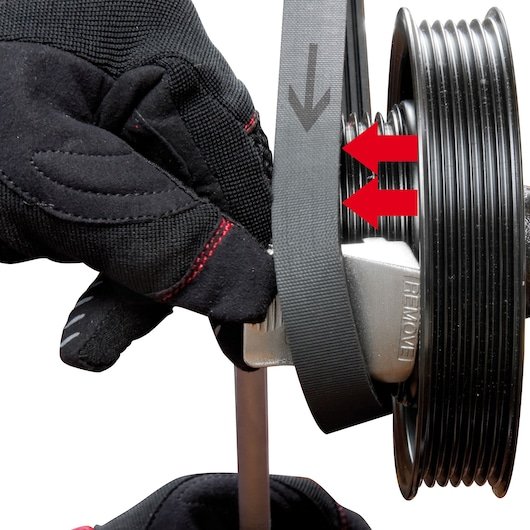Your vehicle’s engine works like a finely tuned machine. But if your timing belt fails, everything can come to a stop—literally. That’s why keeping an eye on your timing belt kits is so important. These kits control the engine’s internal timing, and any damage can lead to serious repairs or total engine failure.
What Is a Timing Belt Kit?
A timing belt kit includes:
- The timing belt itself
- Tensioners
- Idler pulleys
- Sometimes a water pump
These parts work together to keep your engine’s valves and pistons in sync. If even one part fails, your car may stall or suffer engine damage.
Key Warning Signs of a Failing Timing Belt Kit
1. Ticking or Clicking Noises
When the belt wears down, you may hear a ticking sound from the engine. This could mean the belt is loose or damaged.
2. Engine Misfires
If the belt slips, it throws off the engine’s timing. This leads to misfires, poor performance, or even stalling.
3. Oil Leaks Near the Belt
A leaking water pump or gasket can damage the belt and other components.
4. Car Won’t Start
If the timing belt breaks, your engine won’t turn over at all. You’ll need a tow and major repairs.
When to Replace Your Timing Belt Kit
Every vehicle is different, but most manufacturers recommend replacing the timing belt every 60,000 to 100,000 miles. If you bought a used vehicle and aren’t sure when the belt was last replaced, it’s safer to change it sooner rather than later.
Why You Should Replace the Entire Kit
You might be tempted to replace just the belt, but that can lead to uneven wear. The tensioner and pulleys also age and can fail later. Replacing the full kit saves money and time in the long run.
What to Look for in a Quality Timing Belt Kit
- OEM or trusted aftermarket brand
- High-tensile strength material (rubber with fiberglass strands)
- Heat and oil-resistant properties
- Comes with tensioner, pulleys, and seals
- Fitment guaranteed for your vehicle model
Installation: DIY vs. Professional Help
Installing timing belt kits isn’t easy. It involves aligning your engine’s components perfectly. If done wrong, it can cause serious engine problems. Unless you’re experienced with engine repairs, it’s best to let a certified mechanic handle it.
How Timing Belt Failure Affects Other Car Parts
- Can damage the cylinder head
- May bend the valves
- Could crack the pistons
- May break the camshaft
That’s why it’s critical to inspect and replace belts and their supporting parts on time.
Conclusion: Don’t Wait for a Breakdown
Timing belt kits may seem like small parts, but they play a huge role in keeping your engine running smoothly. Regular checks and timely replacement can save you thousands in repair costs. If your car shows any warning signs or you’re nearing the mileage limit, it’s best to act now. Investing in a high-quality timing belt kit can give you peace of mind and extend your vehicle’s life.
